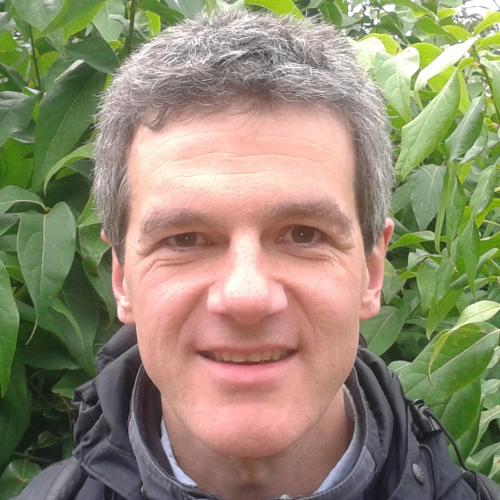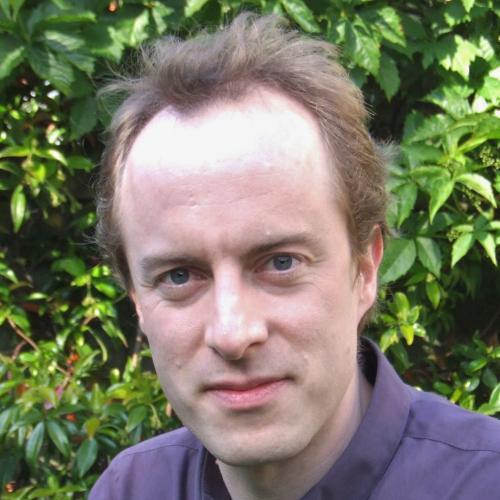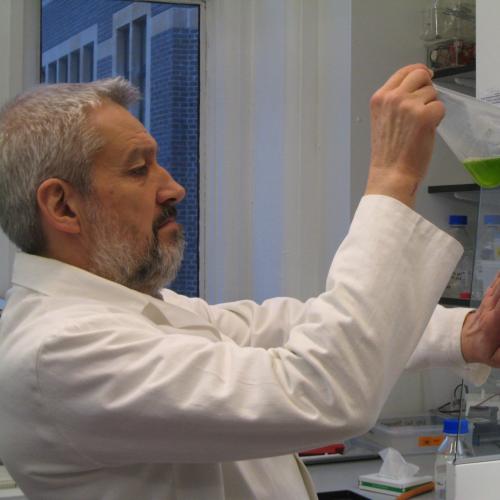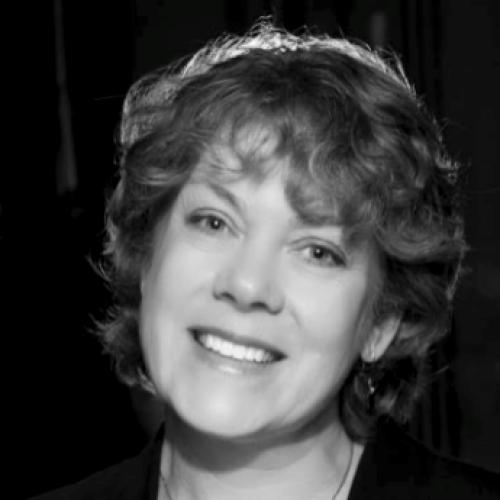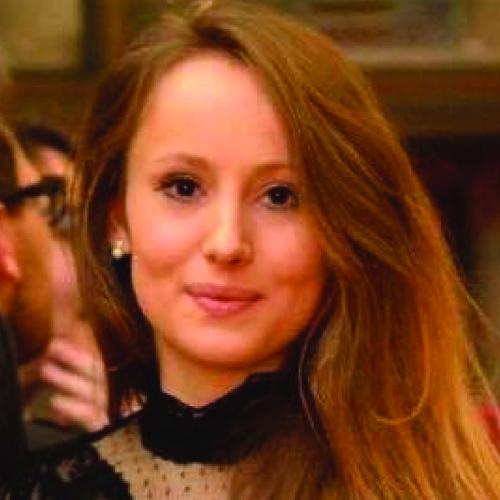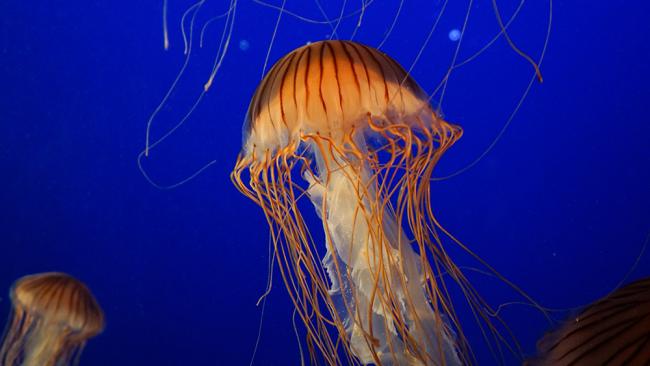
Natural Sciences (Biological)
- Number of students per year: 9 to 11
- Typical offer: A*A*A or equivalent
- Essential subjects: A-Level Mathematics, Biology and one other science subject.
- Highly desirable subjects: Chemistry, Physics
Undergraduates study Biological and Physical Sciences in Cambridge as part of an overarching programme called Natural Sciences.
Natural Sciences at Cambridge
Students who already know which branch of science they want to study (for example Physics or Genetics) are able to do just that, while also having the chance to study related sciences which support their main discipline. This enables Cambridge students to become more rounded scientists, something which is increasingly useful as modern scientific research cuts across traditional disciplinary boundaries.
Another advantage of the Cambridge course structure is that those who have broad scientific interests can maintain this breadth before finding their areas of specialism as the course progresses. Many students find that their interests develop as they are exposed to new areas of science which they have not studied at school, and will end up specialising in a field which they would never have even considered if they had followed a University course in a single narrow discipline.
The key to the Natural Sciences degree structure is that it provides students with choice and flexibility, not only at the start of the course, but also as it develops.
Natural Sciences is by far the largest course in the University, and at Jesus 15 to 20 per cent of our undergraduates are studying Natural Sciences. For admissions the subject is divided into Physical and Biological strands, but once admitted students are free to choose study options across the Physical and Biological sciences.
What you'll study
The Biological Science subjects are:
- Evolution and Behaviour
- Biology of Cells
- Physiology of Organisms.
Students typically choose two or three of these subjects to study in their first year along with a Physical Science subject such as Chemistry or Earth Sciences.
First years also study Mathematics, usually by taking Mathematical Biology. In the second year, biological scientists will begin to focus on their areas of greatest interest before finally specialising in one area in their third year.
Natural Sciences at Jesus
Jesus has a strong history in the Natural Sciences, including among our alumni the Nobel Prize winner Peter Mitchell, who received the Chemistry Prize in 1978 for developing the chemiosmotic theory, one of the most important advances in biology during the 20th century. The College currently has 14 teaching Fellows in Natural Sciences - six in Biological Sciences, and eight in Physical Sciences - with a wide range of research interests.
The Natural Sciences course teaching mostly involves lectures, practicals, and supervisions. The lectures, usually given to several hundred students, are held in the mornings, and the College is ideally located just a few minutes away from the city centre lecture theatres.
Practical classes, which students attend two or three afternoons each week are based in different departments around the city, but even the furthest locations are only a 10 minute bike ride away from Jesus.
The supervision system is essential to teaching at Cambridge, and at Jesus you'll have regular supervisions in small groups of two to three students. In the first year you'll have four supervisions a week, mostly with teaching Fellows, which will usually be held in College.
The College also offers considerable support, including an excellent library, student bursaries, and prizes for academic excellence.
Despite the busy nature of the course, Natural Sciences students at Jesus still find time for extracurricular activities including sport at College and University level, performing in plays and stand up comedy, music, art, and a wide range of other activities.
Requirements
Conditional A-Level offers are typically made at the A*A*A level, or A*A*AA for applicants offering four relevant A-Levels or equivalent. You don't need to take a Sixth Term Examination Paper (STEP) or Advanced Extension Awards (AEA).
A-Level or equivalent in Mathematics and Biology is essential, in addition to a further A-Level in a science subject. In exceptional circumstances, applicants with only two science/mathematics subjects and Biological Sciences applicants without Mathematics may be considered.
In general the wider the range of science subjects you study at A-Level, the greater choice you will have in the first year of the course and afterwards. Certain A-Levels are needed for certain subjects, such as A-Level Chemistry for those who intend to study first year Chemistry.
Written assessment
All applicants for Natural Sciences are required to take the Natural Sciences Admissions Assessment (NSAA) at an authorised assessment centre (usually your school or college), for which you must be registered in advance. Find out more on the University website.
Interviews
In 2023-24, we’ll be interviewing shortlisted applicants virtually, with interviews taking place in December.
The interview process aims to assess your intellectual ability, potential, and commitment to the subject. Candidates are typically interviewed by at least three subject specialists, including the Director of Studies, and total contact time will be between 35-50 minutes in total. This could be in a single interview, or in two separate interviews. The interviews will be general in nature, covering Biology, Chemistry, and Mathematics. Further details will be made available to candidates closer to the time.
You can watch a video of an example interview to get a sense of what to expect.
Find out more about the interview process on the University website.
Written work
You don't need to submit any written work.
Deferred and post A-Level entry
If you plan to take a gap year it's unlikely that it will affect our decision. It's good to have a clear plan of the travel and experience you propose for your year, and we'll view work or projects with some scientific connection positively.
Find out how to apply to study at Jesus.
